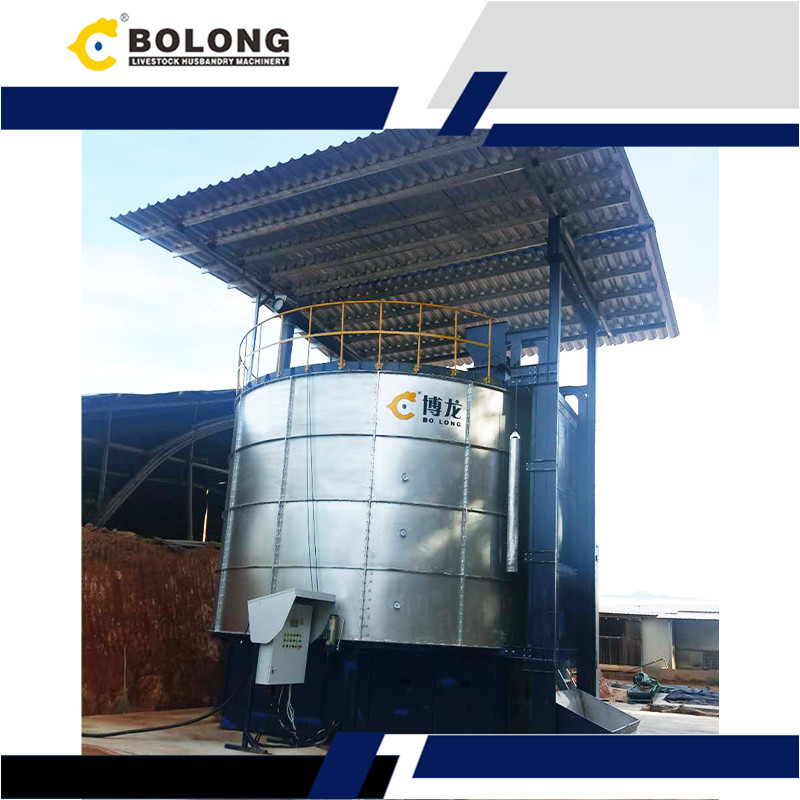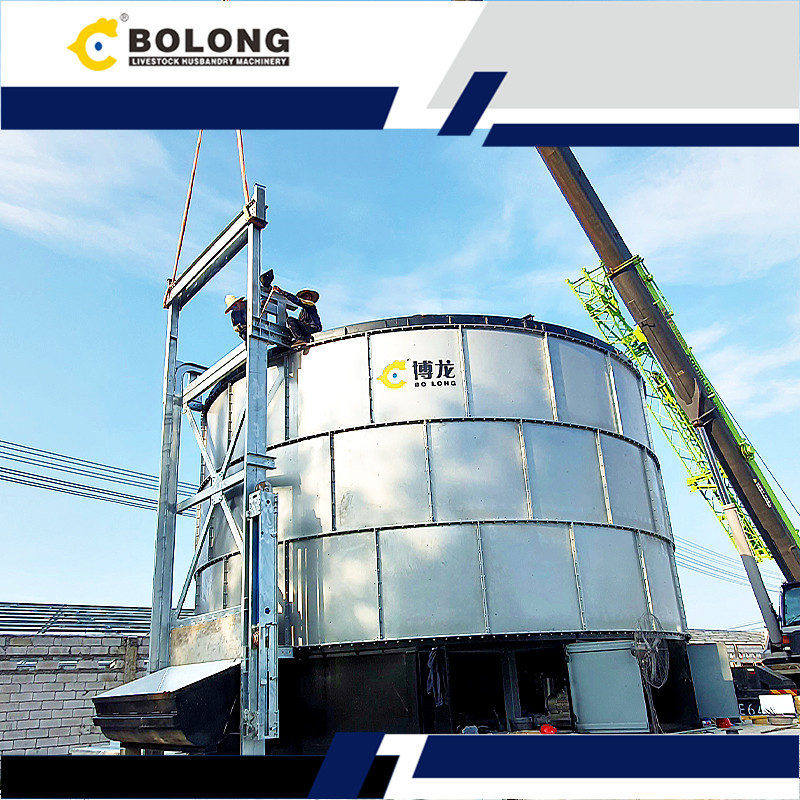Learn how to compost with animal manure effectively. This comprehensive guide covers everything you need to know, including the benefits, step-by-step instructions, and common FAQs.
In the quest for sustainable and eco-friendly gardening practices, composting with animal manure has gained significant popularity. Composting is a natural process that transforms organic matter, including animal waste, into nutrient-rich humus, which can be used to nourish your plants and soil. By turning waste into valuable fertilizer, you not only reduce environmental impact but also enhance the fertility and health of your garden.
Composting with animal manure might seem daunting at first, but with the right approach, it can be a straightforward and rewarding process. Follow these steps to create nutrient-rich compost for your garden:
To start composting, choose animal manure from herbivores such as cows, horses, goats, or rabbits. Avoid using manure from carnivores, as it may contain pathogens and undesirable substances. Remember that different types of manure have varying nutrient compositions, so consider your garden’s needs when selecting.
To create a balanced compost, gather a mix of green and brown organic materials. Green materials include vegetable scraps, fresh grass clippings, and animal manure, providing nitrogen. Brown materials like dry leaves, straw, and wood chips offer carbon, promoting proper decomposition.
Select a suitable location for your compost pile or bin. Ensure proper drainage and aeration while keeping it close enough for easy access. Start layering the green and brown materials alternately, aiming for a 2:1 ratio of brown to green. The ideal compost pile size is around 3 feet high and wide.
Aerate the compost regularly by turning it with a pitchfork or compost aerator. This step encourages decomposition by supplying oxygen to the microorganisms responsible for breaking down the organic matter. Regular turning also helps to prevent foul odors.
Keep an eye on the compost’s moisture content. It should resemble a wrung-out sponge—damp but not soaked. Water the compost pile when necessary to maintain optimal moisture levels, especially during dry spells.
Composting is a natural process that takes time. The decomposition period varies depending on factors such as the type of materials used, climate, and regularity of turning. On average, composting with animal manure can take anywhere from two to six months.
When the compost turns dark, crumbly, and earthy-smelling, it is ready for use. Sieve the compost to remove any large particles, and transfer the rich humus to your garden beds or containers.
Composting with animal manure offers several advantages for your garden and the environment:
Enriches Soil Fertility: Animal manure contains essential nutrients like nitrogen, phosphorus, and potassium, which are vital for plant growth. Composting enhances the availability of these nutrients for plants.
Improves Soil Structure: Compost helps improve soil structure, making it more friable and better at retaining moisture. This, in turn, enhances root growth and plant health.
Reduces Landfill Waste: By composting animal manure and organic waste, you divert significant amounts of waste from landfills, reducing methane emissions and environmental pollution.
Suppresses Plant Diseases: Compost contains beneficial microorganisms that can help suppress certain plant diseases, creating a healthier growing environment.
Promotes Biodiversity: Compost attracts diverse organisms, such as earthworms, that contribute to a balanced ecosystem in your garden.
Saves Money: Producing your compost eliminates the need to purchase commercial fertilizers, saving you money in the long run.
Yes, composting animal manure is safe when done correctly. Ensure the compost reaches a high enough temperature during the decomposition process to kill harmful pathogens.
Yes, composted manure is safe to use directly on plants. Its nutrients are readily available for plant uptake, promoting healthy growth.
Turn the compost pile every 2 to 4 weeks. More frequent turning accelerates the composting process, while less frequent turning slows it down.
It’s best to avoid composting manure from carnivorous pets due to potential pathogens. Stick to herbivore manure for safe composting.
If the compost pile is not managed properly, it can attract pests. Keep the pile well-aerated and avoid adding meat, dairy, or oily items.
A foul-smelling compost pile indicates improper aeration or excessive moisture. Adjust the compost’s moisture content and turn it more frequently to rectify the issue.
Composting with animal manure is a rewarding practice that benefits both your garden and the environment. By following the steps outlined in this guide, you can create nutrient-rich compost to nourish your plants and support sustainable gardening practices. Embrace the power of composting and witness the transformation of waste into a valuable resource for your garden’s prosperity.


